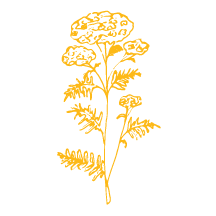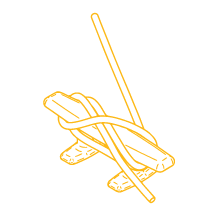
“Perhaps it is not odd, at the end of this tragedy where nothing much was left of the elite who came from the sky but courage struggling for oxygen, that I have often found myself thinking of my wife on her brave and lonely way to death.”
—From Young Men and Fire by Norman MacLean
(Sometimes, it’s the under story.)
Young Men and Fire is a non-fiction account of the tragic 1949 Mann Gulch fire. The book focuses upon the fate of 15 “smokejumpers,” mostly college-aged youth working summer firefighter jobs, 12 of whom died when the fire into which they had parachuted unexpectedly turned. The book’s narrative moves between description of that fateful day and an analysis of the physics behind wildfires. MacLean marvels at the young men’s will to survive, each—terrified and alone—running to the last from flames racing up the steep ridge they found themselves trapped upon.
He saves mentioning his wife for the book’s final sentence.
MacLean does not reveal until the closing line that Young Men and Fire is as much about his own anguished feelings about his wife as it is ode to those who perished that August day in Montana.
The story underneath: a love story.
Here’s another:
I was standing on the tidal flats beneath the bridge to Pratt’s Island, the supermoon having rendered the tide low enough for such venturing. From that rare day’s remarkable perspective, the bridge’s pier supports loomed above, immense—towering wooden trunks covered with barnacles, the occasional periwinkle breaking the crustaceans’ mottled patterning. Solid and sentinel, coated with clinging life, these majestic columns were a marvel to behold—and all this time I had been passing them by without a thought.
It was Mother’s Day. (The under story.)
“I’m calling, and it’s not because it’s Mother’s Day,” I opened. She half-laughed, half-scoffed at my joking dismissal of the occasion. We then chatted, she keeping up a running narrative on the annoyance presented by Deuce, her new and not entirely housebroken puppy, I sharing of the unexpected snow we’d had recently. I asked if she’s been exercising (she has), and I volunteered I had not been as much as I ought to. She was satisfyingly startled by my story of my youngest daughter, riding out the pandemic in a Himalayan village and having had a neighbor’s dog attacked by a tiger (the dog lived).
After a while, we said good-bye.
Perhaps it is not odd, on a day begun discovering those mighty unsung piers, that I have found myself thinking of my mother afresh, of what we were really saying as we prattled on of tigers and snow, puppies and Pilates.
(COVID-19 hanging like choke of smoke, mortality clear as weather on a supermoon morn.)
“I love you.” It is our under story.




